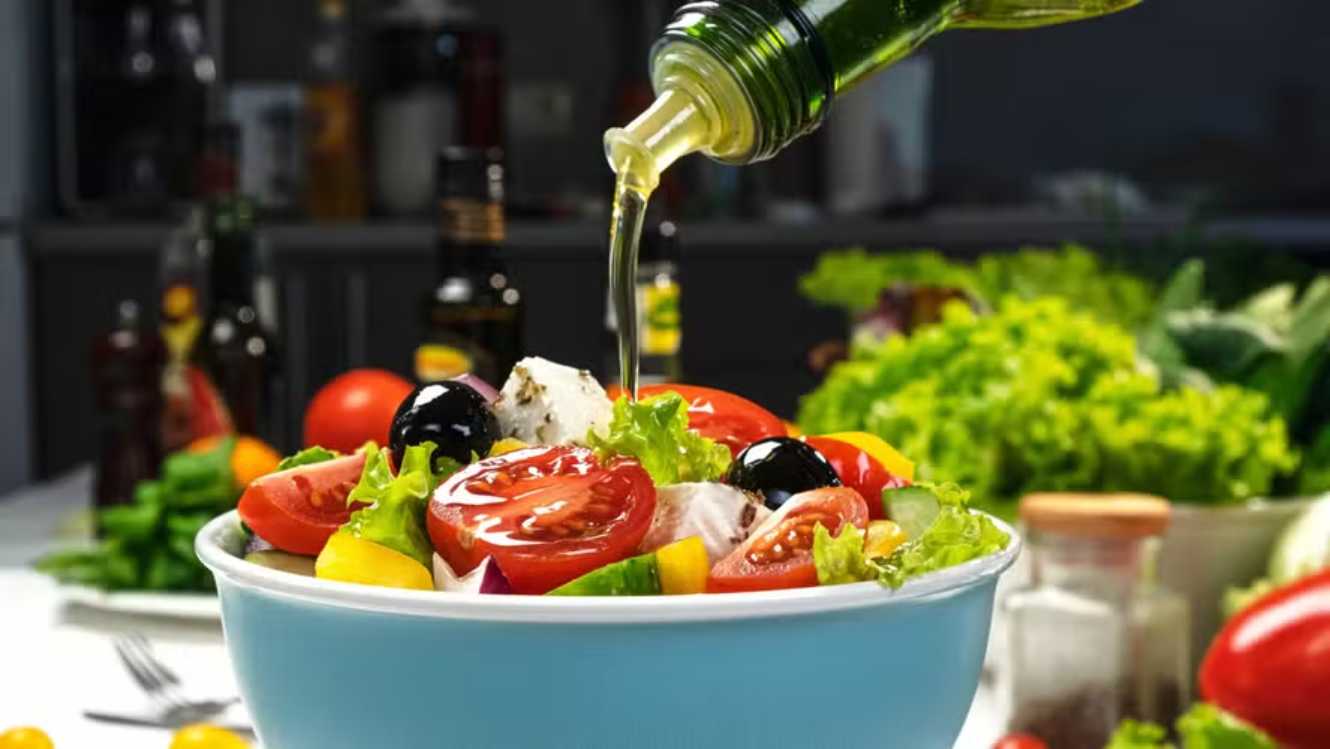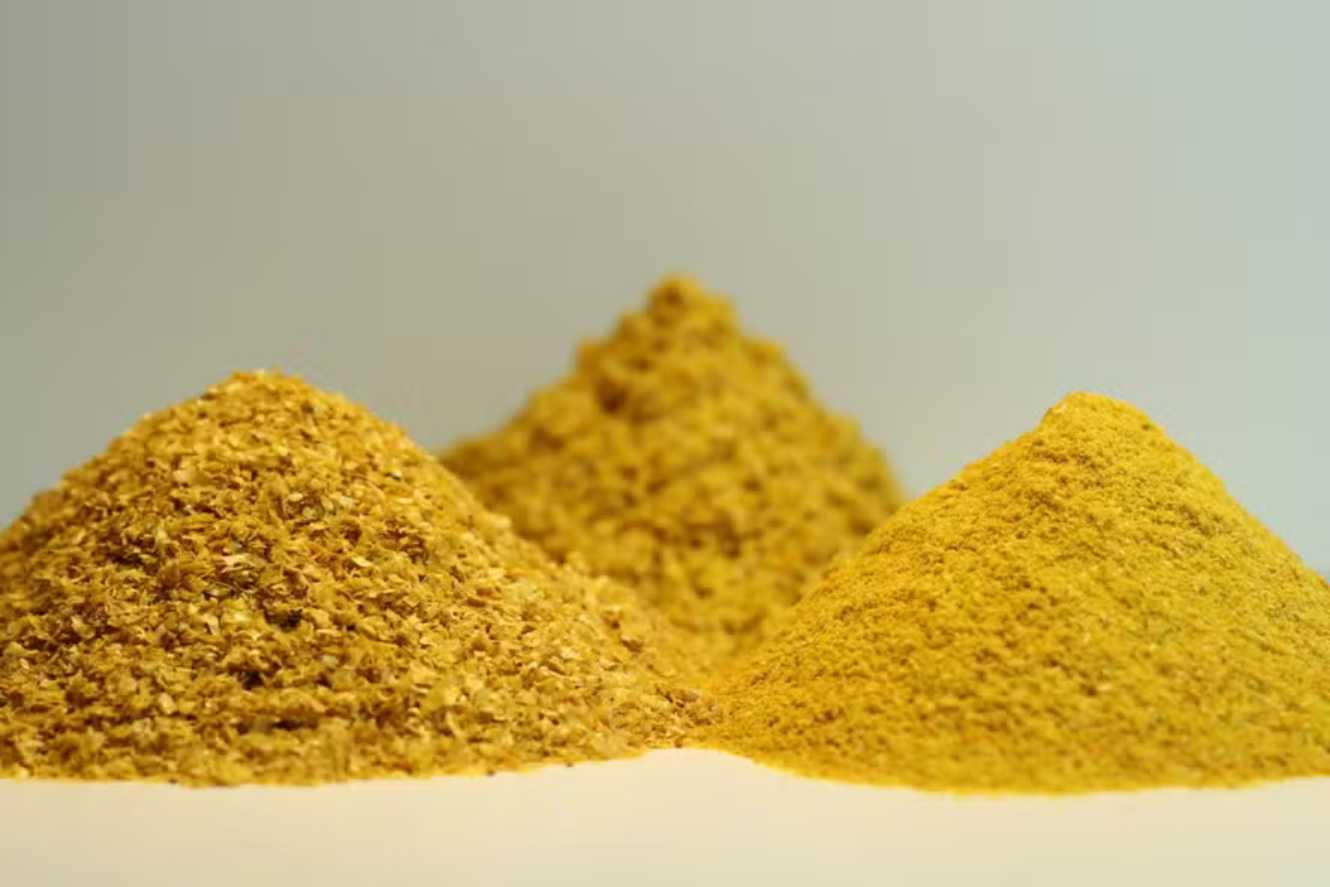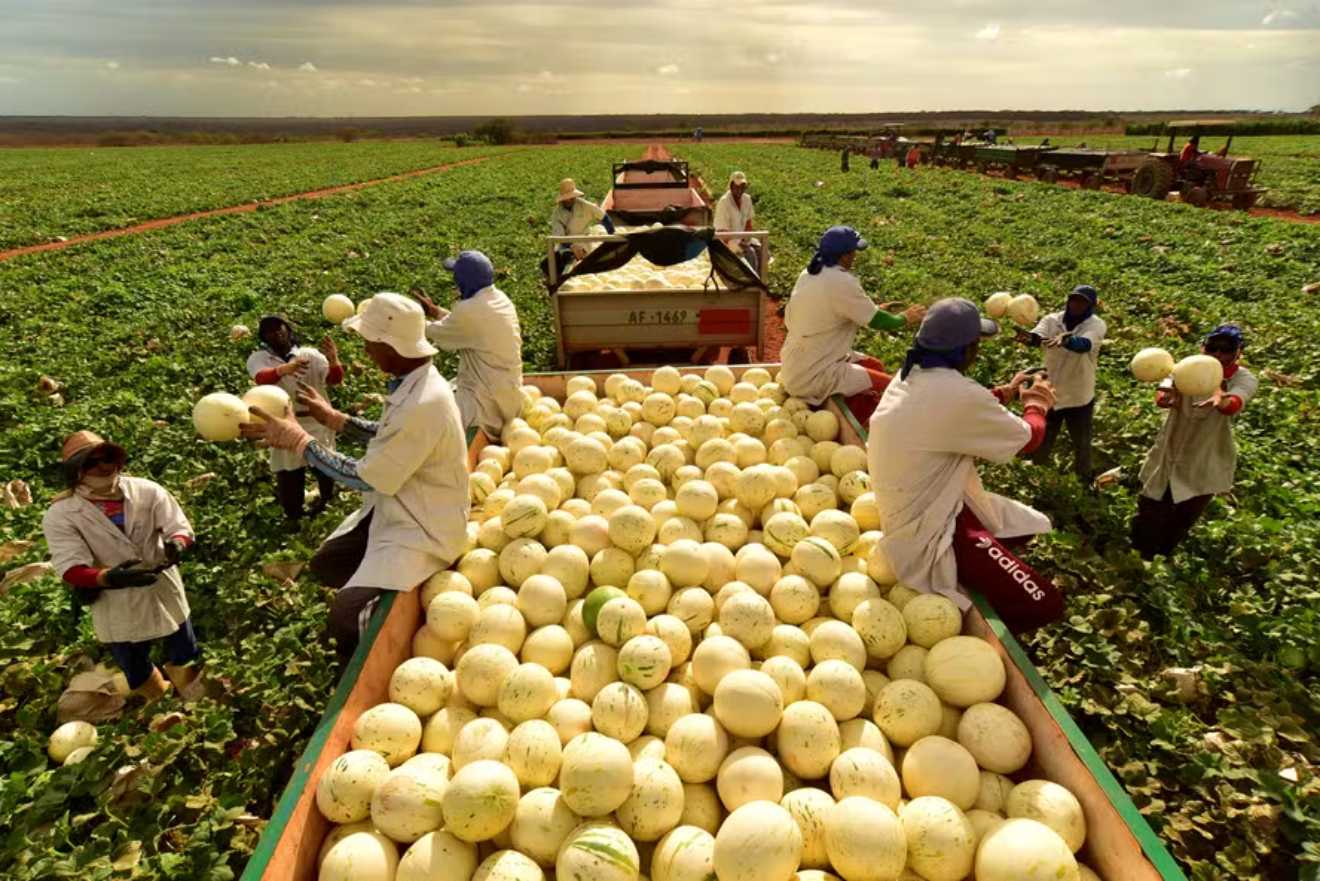Fraud keeps olive oil in second place on the list of the most counterfeited foods in the world, second only to fish.
Following the disqualification of more than 12 brands of olive oil by the Ministry of Agriculture and Livestock (MAPA) last Tuesday (October 22), there are now 48 infractions against companies accused of adulterating the product by mixing unknown vegetable oils with the original, along with a ban on selling 29 brands in Brazil in 2024.
Fraud keeps olive oil in second place among the world’s most counterfeited foods, behind only fish, and occurs for three main reasons: high added value, a highly valued product, and demand exceeding supply.
Present in the cuisine of various cultures, with applications ranging from sweet to savory, olive oil is essentially the juice of the olive. Therefore, adding any substance constitutes fraud, says Patricia Galasini, an olive oil sommelier and president of the Olive Oil Sector Chamber of São Paulo.
“Modification is an irregularity, regardless of what is added. Mixing in soybean oil is the most crude and common form of fraud in Brazil, where a small percentage of olive oil is included.”
Given the prevalence of fraud, how can consumers ensure the olive oil they purchase for their diets is of high quality? The expert interviewed by Globo Rural explains that the only way to confirm fraud is through laboratory analysis, a procedure conducted by MAPA. However, this technique is not feasible for consumers.
“It’s difficult to detect simply by tasting. When we buy and consume it at home, we sometimes can’t tell if it’s a mixed and adulterated oil. This generates a lot of controversy. People believe they’re buying a high-quality, genuine product—an authentic extra virgin olive oil without any modifications—but they are being deceived. It’s a consumer issue with the consumer protection agency (Procon).”
What to Look for When Buying Olive Oil?
- Manufacture Date: Oils are best when young; therefore, it’s recommended to buy the newest product on the shelf.
- Expiration Date: An unopened olive oil can last up to two years. Check the label and buy the oil from the same year it was extracted.
- Storage: The oil should be kept away from light and heat.
- Seal: Check if the area around the cap is sealed and airtight.
- Packaging: The purpose is to preserve the oil’s qualities and characteristics. The most reliable option is when the oil is in a dark glass bottle.
- Be Wary of Prices Significantly Below Market Average.
- Check the List of Irregular Products Seized by MAPA.
- Avoid Buying Bulk Olive Oil.
Patricia Galasini also emphasizes the importance of trusting well-known and reputable brands in the market to ensure the delivery of quality products.
“There are many companies in Brazil that package olive oil and sell it at affordable prices under different names, names that are not familiar to the general public. So, it’s not safe to buy just because the name sounds appealing.”
Benefits Turn into Losses
Recommended by doctors and nutritionists for the health benefits it offers when included in the diet, olive oil can become a villain.
“When someone consumes it for health benefits, but those benefits don’t materialize, they are being deceived and using an oil that adds no value; they’re just wasting money. This oil, which is supposed to be healthy, will be nonexistent and won’t deliver all the polyphenols, vitamins, and positive components,” concludes Patricia.
Pure olive oil offers benefits, such as reducing heart problems and diabetes risk, aiding in weight loss, and combating bacteria and pain. Counterfeits may cause consumers to ingest low-quality and even harmful substances.
Operations Against Olive Oil Fraud
The Ministry of Agriculture and Livestock (MAPA) has released three lists of olive oil brands considered improper or counterfeit this year. In the most recent list, dated October 22, analyses detected unidentified vegetable oils in physicochemical tests.
Additionally, some of the responsible companies had their CNPJs suspended or canceled by the Federal Revenue, reinforcing suspicions of fraud. Below are the disqualified brands:
- Greek Santorini
- La Ventosa
- Alonso
- Quintas D’Oliveira
- Olivas Del Tango
- Vila Real
- Quinta de Aveiro
- Vincenzo
- Don Alejandro
- Almazara
- Escarpas das Oliveiras
- Garcia Torres





